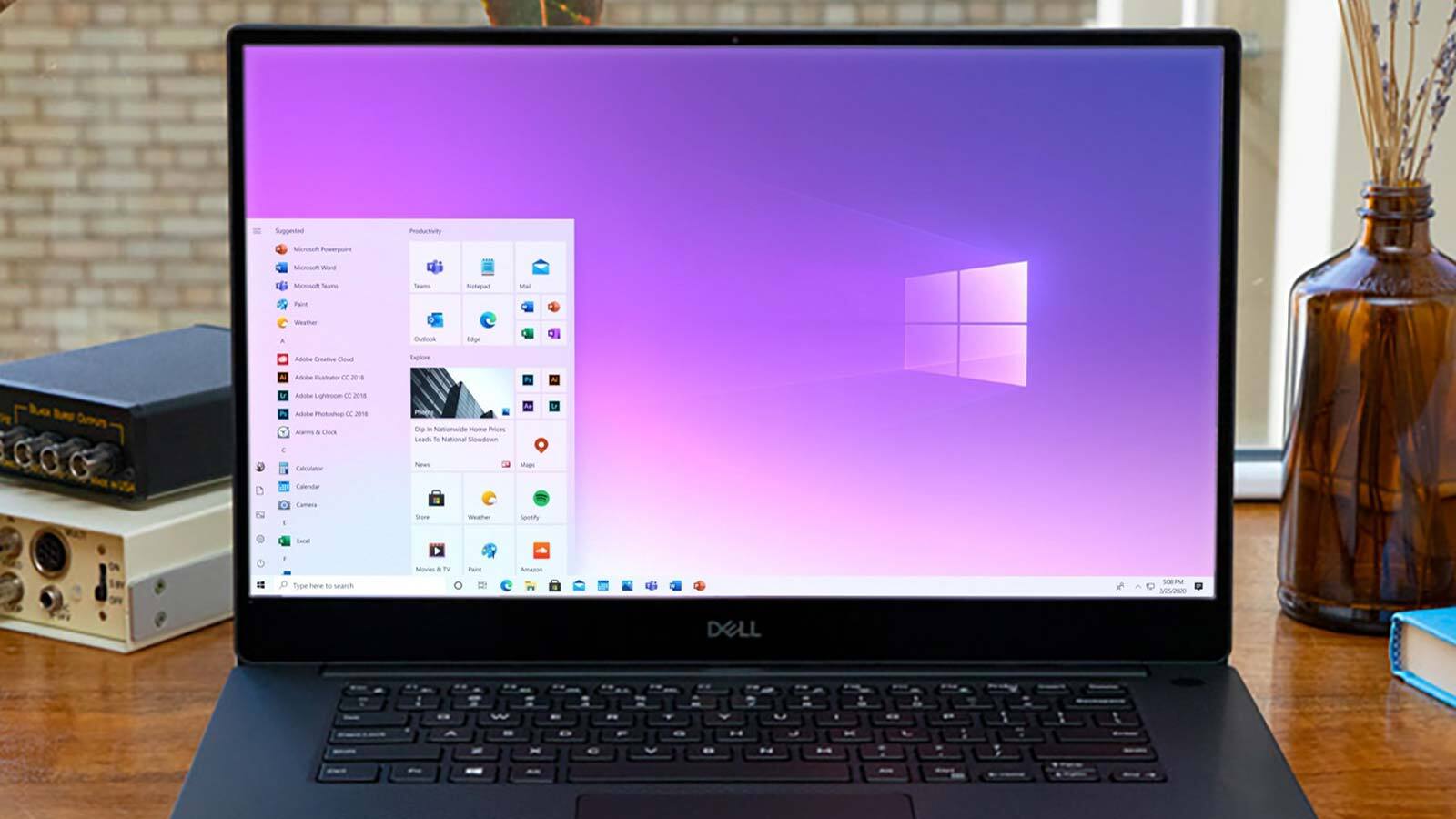Are Windows VPNs legal?
Plenty of people are asking the question – here are the answers

VPNs are an affordable and effective way to increase your online security, but some users are understandably concerned about the legality of connecting to the internet through a VPN. While installing a Windows 10 VPN is completely legal on its own, there are caveats and potential restrictions to be aware of.
In this article, we’ll cover everything you need to know about the laws and regulations regarding VPNs in the United States and other countries. If you’re looking for a new VPN, start with our guide to the best VPN services for a detailed comparison of the top providers.
- Setup VPN: our comprehensive guide for all devices
VPN technology is entirely legal
The first point to clarify is that there’s nothing illegal about VPN technology itself. A VPN simply directs your internet activity through a private server, a process that is entirely legitimate. The US, the UK, Australia, Japan, and most other countries have no noteworthy restrictions on the use of VPNs. Basically, you won’t need to worry about getting in trouble simply for using a VPN.
While there are a few nations that restrict VPN usage, even these countries haven’t legally prohibited the use of the technology overall.
VPNs don’t legitimize illegal activity
Even though VPNs are legal on their own, that doesn’t mean they’ll protect you from facing consequences for any illegal activity. In other words, anything that would be illegal on a direct internet connection will still be illegal when you’re using a VPN.
While a VPN can make online traffic harder to trace, it’s not a silver bullet for stopping law enforcement from successfully investigating illegal activity. We do not endorse or condone the use of VPNs to hide illegal internet activity.
Certain countries restrict VPN usage
VPNs are fully legal in the vast majority of countries worldwide, but a small number of countries have notable restrictions. China, Russia, Turkey, and the UAE have significant regulations surrounding VPN use. Even though the technology itself isn’t illegal to possess or use, you could still find yourself in trouble if you aren’t careful.
If you’re planning to use a VPN in any of these countries, do the research and fully understand the relevant laws before you arrive. While very few people have been prosecuted for VPNs alone, you should avoid underestimating the risks of VPN usage while traveling abroad in countries with extensive censorship.
If you do travel to or live in these countries, it’s well worth investigating the best China VPN, UAE VPN, Turkey VPN and others to both fully understand any restrictions, and get a service that’ll deliver what you need from it.
While we wholly support Internet freedom and the preservation of the freedom of individuals in general, the onus is on you as the user to weigh up any risks and make the decision yourself.
Which VPN do we recommend for Windows?
Windows 10 users can choose from several affordable and reliable VPNs. While some free VPN providers offer a surprisingly robust set of features at no charge, paid VPNs are typically faster and more dependable, with a deeper range of tools and settings.
Surfshark, NordVPN, and IPVanish are all excellent options for anyone running Windows 10, with different pros and cons to consider, depending on your use case.
However, ExpressVPN stands out from the competition in terms of price, features, and value. With servers in nearly 100 countries, blazing connection speeds, and reliable access to multiple streaming services, ExpressVPN has everything that one would need from a VPN.
While some users may prefer certain features of other top VPNs, it’s the best overall option for most Windows 10 users – and now Tom’s Guide readers can claim three months absolutely free.
- Save big money with the VPN Black Friday deals
- Amazon users should have a look at the best Fire Stick VPN
- For a full walkthrough, see our guide on how to download NordVPN
Get instant access to breaking news, the hottest reviews, great deals and helpful tips.

Alex is a freelance writer based in New York who has previously covered a diverse range of different topics from parenthood to personal finance. His area of specialism for Tom's Guide is in VPN services and he aims to provide insightful, actionable content that can help consumers make the right decisions about which services to use and why.

